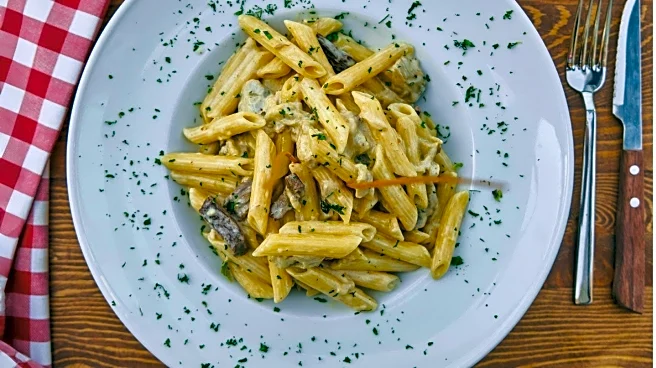Rapid Read • 8 min read
New Orleans has undergone significant changes since Hurricane Katrina struck on August 29, 2005. The city faced immense challenges, including the destruction of infrastructure and a decline in visitor numbers. Despite these obstacles, New Orleans' restaurant scene has thrived, growing from 800 establishments before Katrina to over 1,200 by 2018. The city's unique creole cuisine has been influenced by various cultures, including Spanish and Caribbean traditions. However, gentrification poses a threat to this culinary heritage. Entrepreneurs have flocked to the city, potentially diluting its distinct flavors. Meanwhile, the music scene, crucial to New Orleans' identity, faced a crisis as musicians fled the city post-Katrina. Efforts by individuals like Ben Jaffe, manager of Preservation Hall, have helped bring musicians back, ensuring the survival of New Orleans jazz.
AD
The revival of New Orleans' culinary and musical scenes is vital for preserving the city's cultural identity. The growth in the number of restaurants indicates resilience and adaptability, attracting tourists and boosting the local economy. The influx of new culinary ideas enriches the city's food scene, although it risks overshadowing traditional creole cuisine. The return of musicians is crucial for maintaining New Orleans' status as a cultural hub, drawing visitors and supporting the tourism industry. The preservation of these cultural elements is essential for the city's recovery and long-term sustainability, ensuring that New Orleans remains a unique destination.
The ongoing development of New Orleans' cultural landscape will likely continue to attract entrepreneurs and tourists. Efforts to balance new influences with traditional elements will be crucial in maintaining the city's unique identity. Initiatives like the New Orleans Musicians Hurricane Relief Fund will play a key role in supporting local artists and preserving the city's musical heritage. As the city evolves, stakeholders must navigate the challenges of gentrification while fostering innovation and cultural preservation.
The cultural revival in New Orleans highlights broader themes of resilience and adaptation in the face of adversity. The city's ability to absorb and integrate diverse influences reflects its historical role as a melting pot of cultures. The preservation of traditional music and cuisine amidst modern challenges underscores the importance of cultural heritage in community rebuilding efforts. This dynamic interplay between tradition and innovation may serve as a model for other cities facing similar challenges.
AD
More Stories You Might Enjoy












